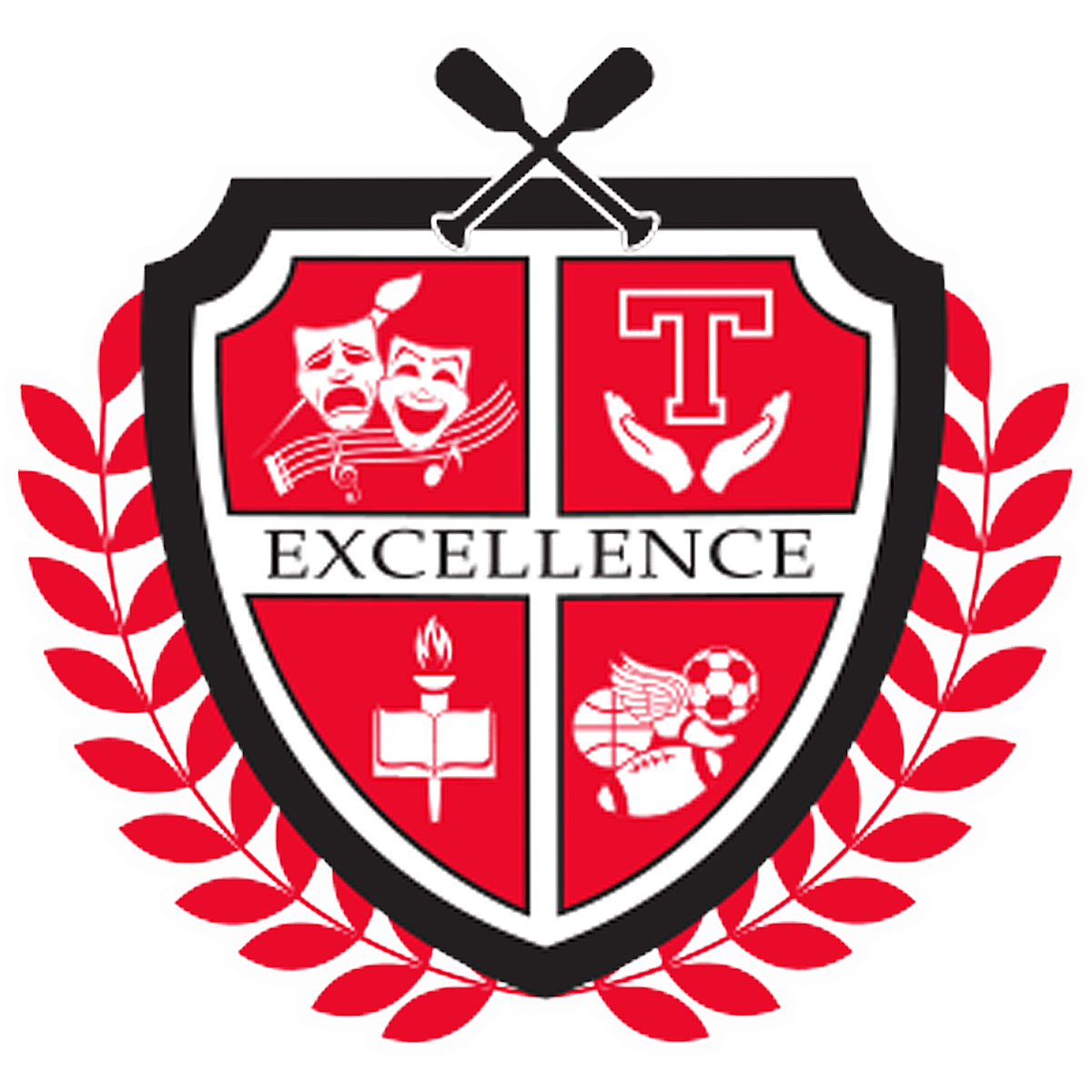Skip to content
Staff Directory
Show submenu for Services
Show submenu for The Arts
The Arts
Show submenu for Clubs & Activities
Clubs & Activities
Show submenu for Support Organizations
For Parents
For Students
For Staff
Show submenu for Media Center
Media Center
RSS
Show submenu for
